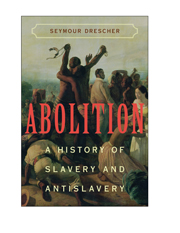3 - Extension and Tension
Published online by Cambridge University Press: 04 August 2010
Summary
A description of the first mass seaborne importation of African slaves into the Iberian Peninsula left a searing memory. The royal chronicler Gomes Eannes de Azurara described the deep discomfort caused by the division of the victims' families on arrival at Lagos:
But what human heart, no matter how hard, would not be stabbed by pious feelings when gazing upon such a company of people? For some had their heads held low and their faces bathed in tears, as they looked upon one another. Others were moaning most bitterly, gazing toward heaven, fixing their eyes upon it, as if they were asking for help from the father of nature. Others struck their faces with the palms of their hands, throwing themselves prostrate on the ground; others performed their lamentation in the form of a chant, according to the custom of their country, and, although our people could not understand the words of their language, they were fully appropriate to the level of their sorrow. But to increase their suffering even more, those responsible for dividing them up arrived on the scene and began to separate one from another, in order to make an equal division of fifths; from which arose the need to separate children from their parents, wives from their husbands, and brothers from their brothers. […]
- Type
- Chapter
- Information
- AbolitionA History of Slavery and Antislavery, pp. 60 - 88Publisher: Cambridge University PressPrint publication year: 2009



